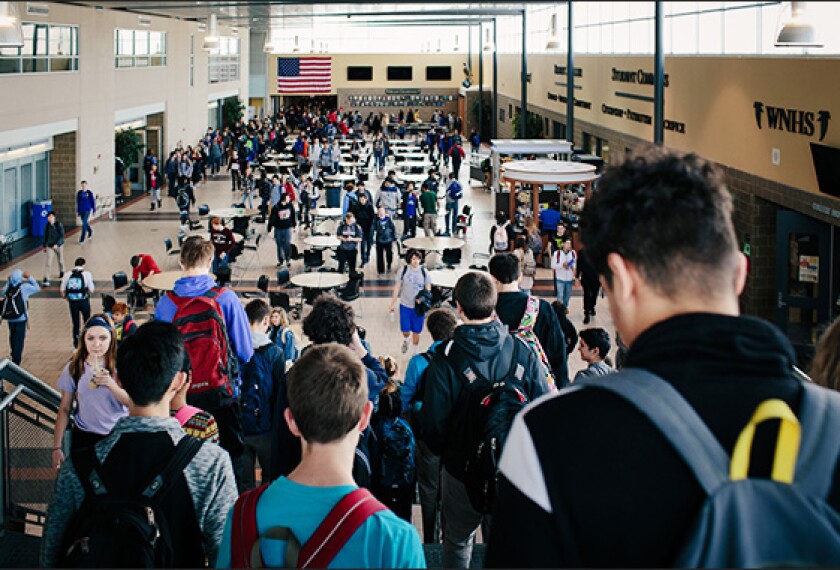Hidden Inequities
It’s no secret that many students of color, low-income students, and students with disabilities often lag behind their classmates in school. The mechanisms and circumstances that create or widen the divides between academic haves and have nots can be harder to see. This six-month series, conducted in collaboration with the Education Week Research Center, highlights some of the unseen disparities that contribute to achievement gaps among students across the nation.
Vol. 36, Issue 25








